When general education for youth is no longer suitable
For various reasons the general high school education program doesn’t respond to the needs of certain people who want to take a different path and change the mode of learning offered to them.
This is sometimes the case with youth experiencing great difficulties in “regular” general education or even adults who simply want to complete their education or the necessary prerequisites for a career plan.
Be careful…
General adult education can be a good alternative; however, this type of education is not for everyone and it is important to be well informed before proceeding with registration.
